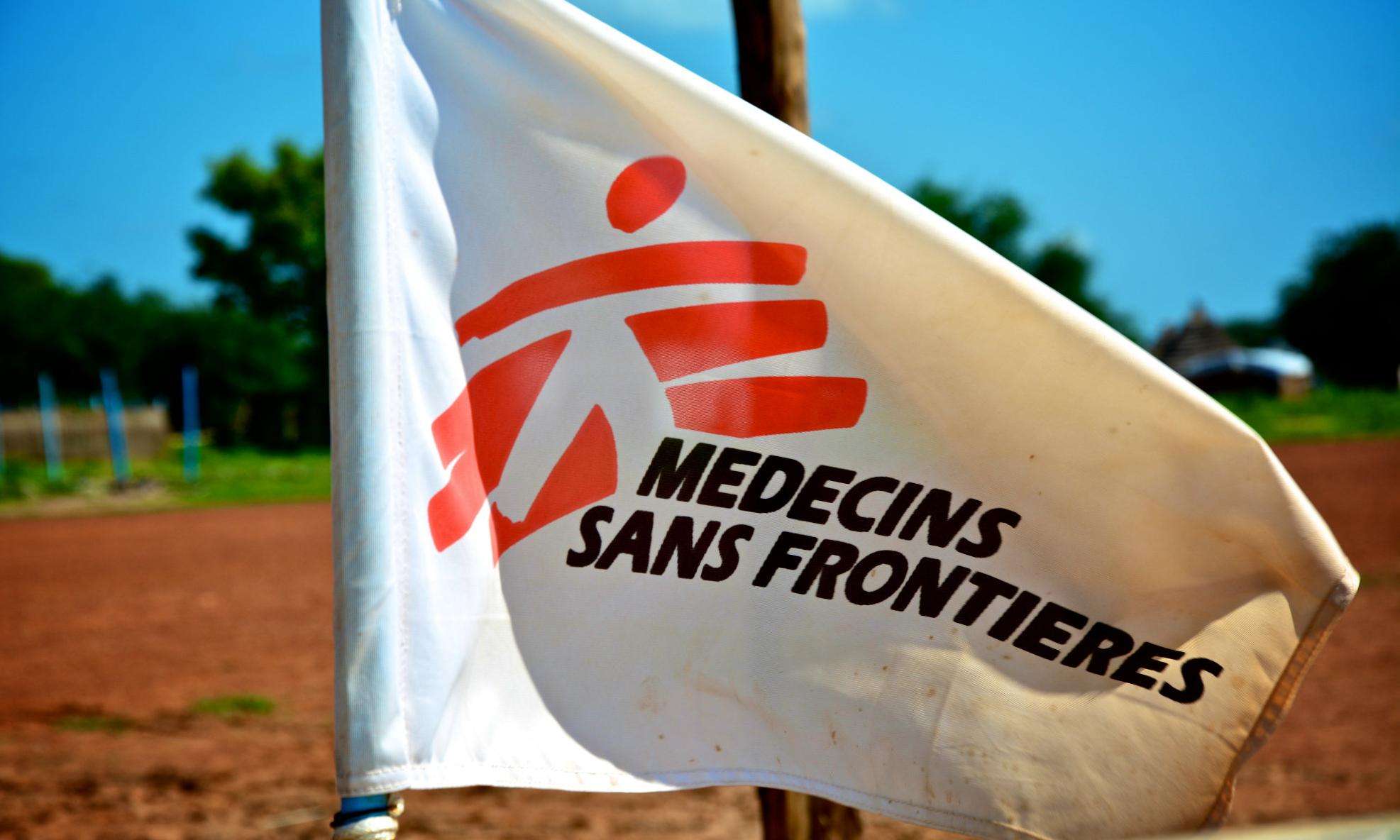On June 13, forces loyal to President Hadi, backed by the Saudi and Emirati-led international coalition (SELC), launched a military offensive on Hodeidah, the strategic port on the Red Sea that serves as a lifeline for people in northern Yemen.
The Ansar Allah (Al Houthis) and SELC-backed forces have been fighting heavily since the beginning of May, and front lines moved from Taiz governorate towards Hodeidah city, where 600,000 people still live. The international staff of United Nations agencies and aid organizations are now evacuating the city, after an ultimatum sent by the United Arab Emirates (UAE) to the UN on June 6 gave them three days to do so.
In Hodeidah city, Doctors Without Borders/Médecins Sans Frontières (MSF) teams are providing medical supplies to Al Thawrah hospital, the main public hospital serving Hodeidah governorate, whose capacity is already stretched thin. In Far Al Udayn district, west of Ibb, MSF is also donating supplies to a health facility receiving people wounded by the fighting in Hodeidah.
"The lack of humanitarian assistance and the suspension of aid programs during a military offensive will have severe consequences on a region already facing restrictions on the import and transportation of vital supplies, including medicines, food and fuel," said Frederic Pelat, MSF head of mission in Yemen.
Yemenis living in the northern parts of the country depend on vital supplies that pass through Hodeidah's port. "It is crucial that warring parties ensure civilians are able to move freely as they look for safe locations to shelter," Pelat said.
Every day since the clashes began in May, MSF teams in Aden have been receiving patients coming from Hodeidah in need of vital medical care. "The vast majority of Hodeidah residents that we have treated in MSF's Aden hospital are vital emergencies," said Ghazali Babiker, project coordinator for MSF. "People are driving at least six hours to reach Aden, most of the time with patients in critical conditions."
Before reaching Aden, civilians injured on the front lines are evacuated to Mocha, a city located 180 kilometers [about 110 miles] south of Hodeidah.
"There's only one hospital in Mocha, where the injured can be stabilized in the emergency room," Babiker said. "But the hospital does not have an operating theater, which means patients cannot receive much-needed surgeries."
MSF is providing donations of medical supplies and training at Mocha hospital. The lack of appropriate medical care on the front lines, before medical evacuation, and delayed surgical intervention, are major causes of medical complications.
Over the past few weeks, the MSF hospital in Aden has been working at full capacity receiving people from the surrounding areas as well as the few other functioning health facilities in the city. "The pressure on the remaining health structures is already huge, even though the military offensive just started a couple of days ago," said Babiker.




